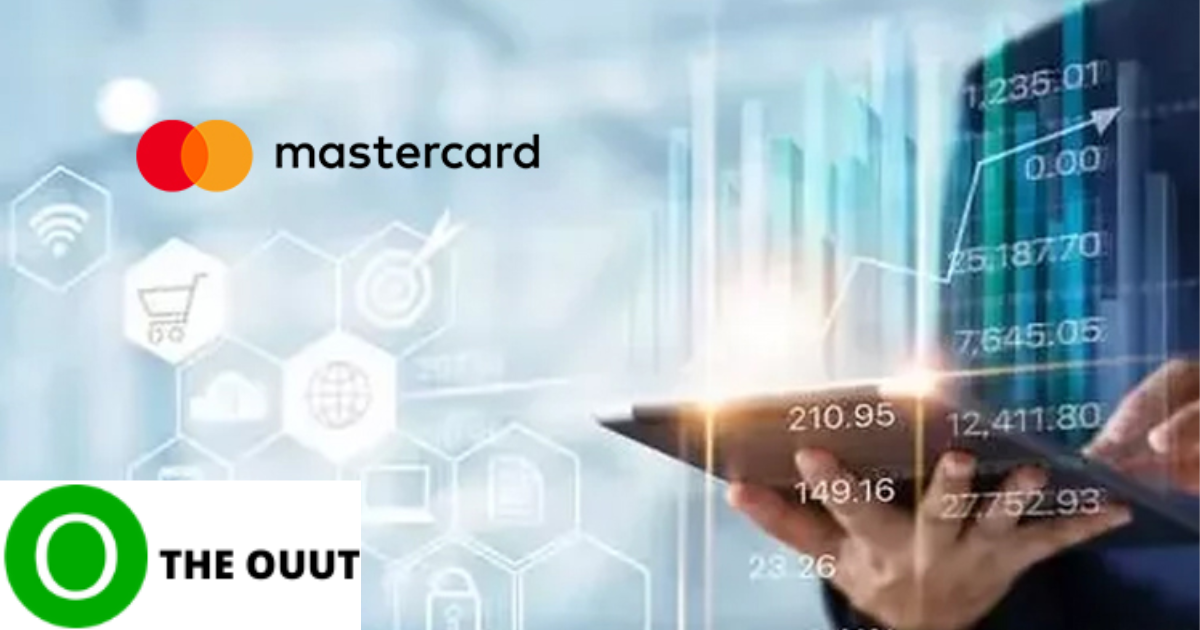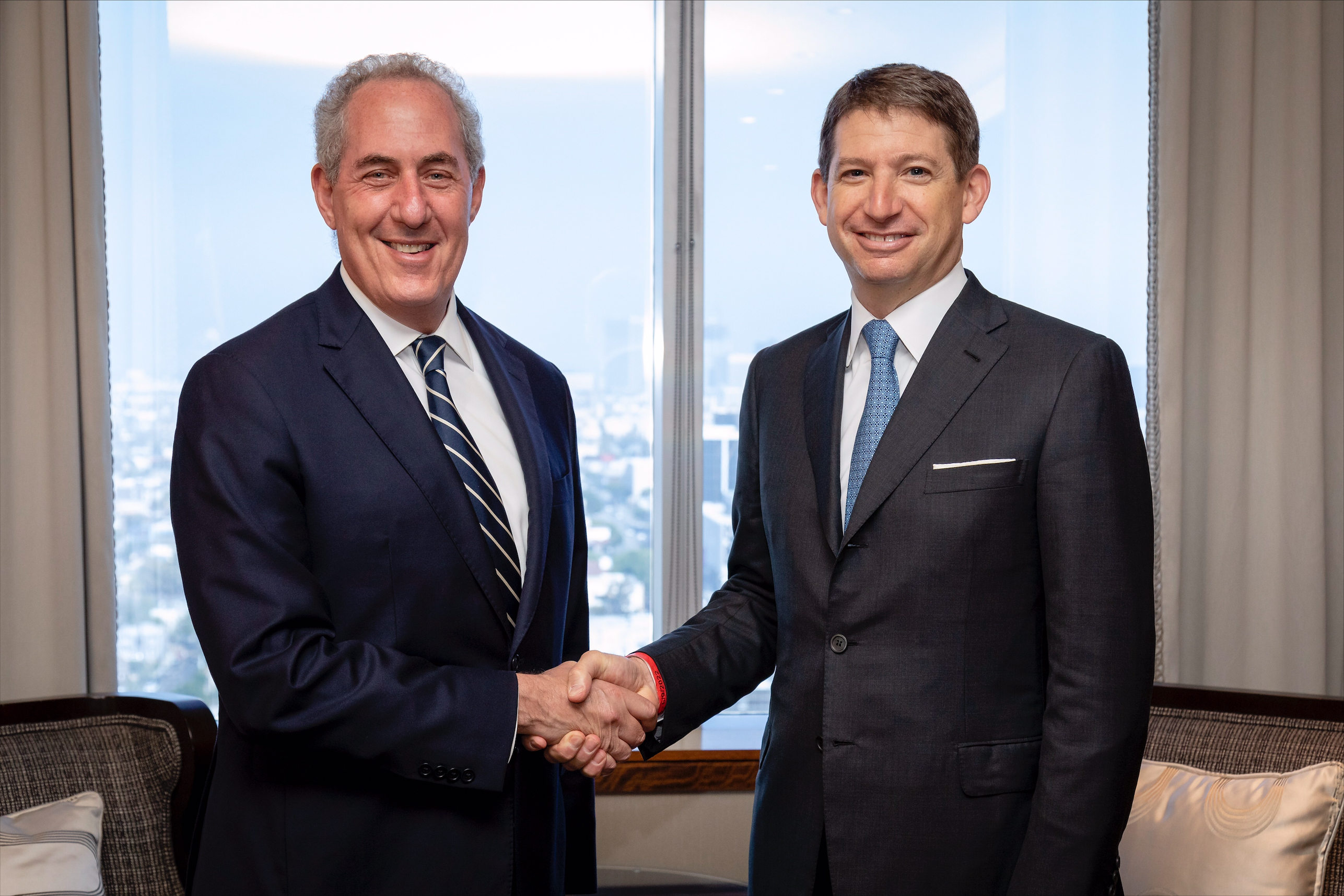DFC and Mastercard Doll out $50M to Deepen Digitization and Financial Inclusion in Africa

Notwithstanding how challenging it has been to deepen digitalization and financial inclusion in Africa over the years, some notable progress has been made. For instance, 2021 was a record year for the African tech startup ecosystem, attracting over $4 billion in investment across 650 deals, a 206% increase over 2020 investment, with fintech accounting for nearly half of this injection. This year, African startup funding is on track to break its 2021 record, with over $5 billion raised, with fintech once again leading other sectors. Though the so-called “big four” of Nigeria, Egypt, South Africa, and Kenya continue to attract the vast majority of funds, startups in other developing African countries such as Morocco, Tunisia, Ivory Coast, and Zimbabwe are springing up.
However, there is still much work to be done in Africa in terms of digitization and financial inclusion. Several African countries are working hard to improve financial inclusion and access to financial services. Regrettably, in terms of digitization and financial inclusion, Africa lags behind other regions. For instance, only about 652,865,628, 17% of the continent’s 1.3 billion people have internet access, at a 46.8 % penetration rate, compared to more than 80% in Europe and North America, according to Internet Worlds Stats. Only about 40% of adults in Africa have a formal bank account, compared to more than 60% in Latin America and more than 70% in Asia. And as much as 90% of financial transactions in the continent in 2021 were carried out with cash, according to a McKinsey report.
It is pointless to state the obvious: economic development is nearly impossible without financial inclusion. In Africa, a well-functioning financial infrastructure is required. Sending and receiving mobile money, accepting payments, agency banking, and remittance payments are all terms used to describe financial inclusion on the African continent.
How DFC and Mastercard Partnership will Deepen Digitization and Financial Inclusion in Africa

The increased efforts to alleviate the situation by institutions such as Visa, Microsoft, and now the United States International Development Finance Corporation (DFC) as well as Mastercard must be commended to the highest heavens.
The International Development Finance Corporation (DFC) of the United States of America and Mastercard recently announced a partnership with a focus on Africa to increase support to financial institutions, agricultural and technology companies, and other businesses involved with Mastercard Community Pass, a digital platform designed to address infrastructure challenges that arise when digitizing rural communities, such as unreliable connectivity, low Smartphone ownership, and lagging infrastructure.
DFC will leverage the partnership to support potential investments of up to $50 million in Community Pass network organizations. Community Pass has a growing presence in five African countries: Kenya, Tanzania, Uganda, Mozambique, and Mauritania, as well as in India.
According to Scott Nathan, CEO of DFC, “DFC places a priority on mobilizing private sector investment in building out digital infrastructure. DFC and Mastercard’s work in bolstering financial inclusion and improving access to digital tools will help make progress toward our shared goal of bridging the digital divide.”
By 2027, Mastercard hopes to have 15 million Community Pass users in Africa and 30 million total users. This collaboration between DFC and Mastercard aims to increase access to critical services in underserved communities by expanding the network of financial institutions and service providers on the Community Pass platform, with the larger goal of building a more inclusive and sustainable digital economy for all.
What you should know about Mastercard’s Community Pass

Explaining the activities of the Community Pass, Tara Nathan, Mastercard Executive Vice President of Humanitarian and Development said “The Community Pass platform enables businesses, governments, and NGOs to service rural and frequently offline communities. For example, farmers can access quality seeds, fertilizers, and buyers, as well as payments and credit. Our partnership with DFC exemplifies how funding from the public sector, combined with technology and expertise from the private sector, can create a whole that is greater than the sum of its parts.”
Service providers can use Community Pass to increase access to essential services while lowering the cost of providing them. Through innovative features and secure data platforms, the platform facilitates digital transactions. Financial institutions and techs in Africa, leveraging Community Pass to digitize agricultural value chains, enable credit, and create a larger pool of buyers, allowing smallholder farmers to be paid more and faster.
Mastercard’s focus on developing and scaling its Community Pass platform is just one example of the company’s dedication to advancing African economic development and financial inclusion. It’s working with partners such as DFC, as well as other international organizations, governments, banks, fintech, and others, to connect individuals at the bottom of the pyramid with digital tools, including millions of farmers in Africa who use Community Pass to access markets, grow their businesses, and strengthen their financial security.
This is yet another commitment to driving up digitalization and financial inclusion in Africa barely days after Visa announced plans to invest $1 billion in Africa over the next five years to accelerate the continent’s digital transformation, as well as Microsoft announcing a strategic partnership with Viasat to provide internet access to about 100 million Africans by the end of 2025.
